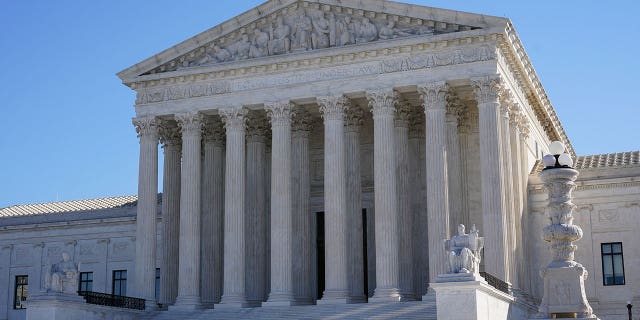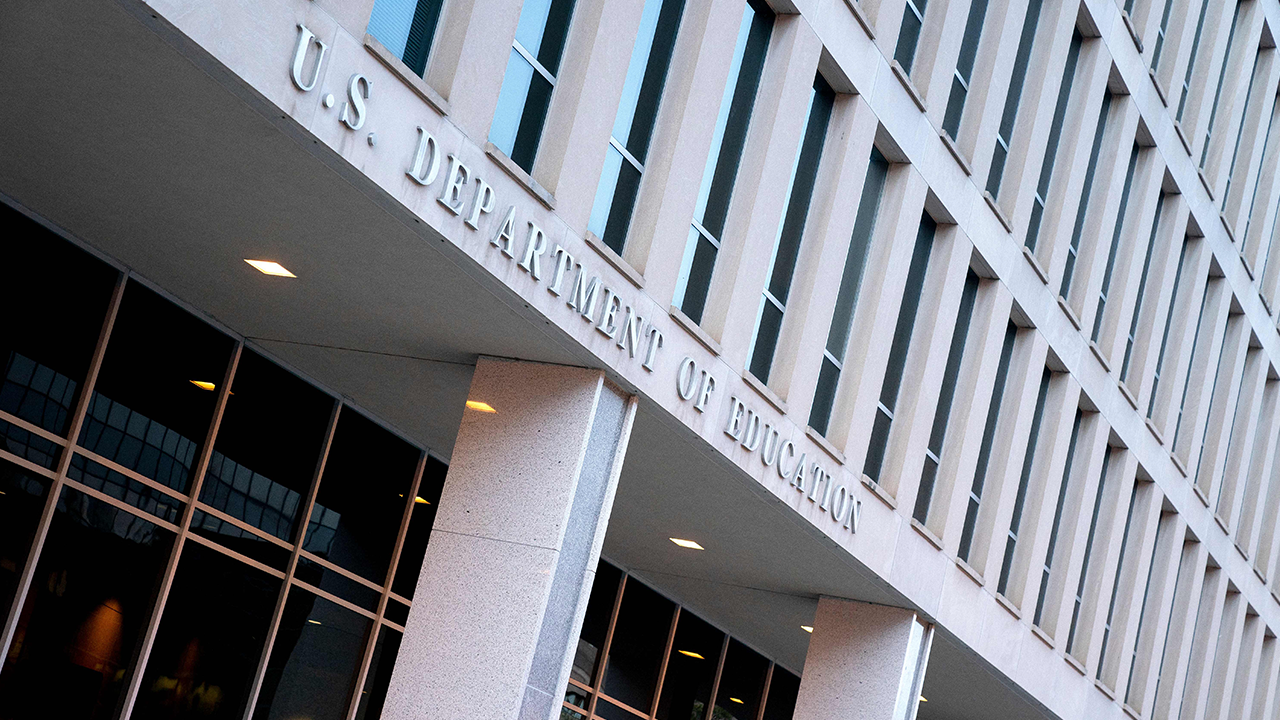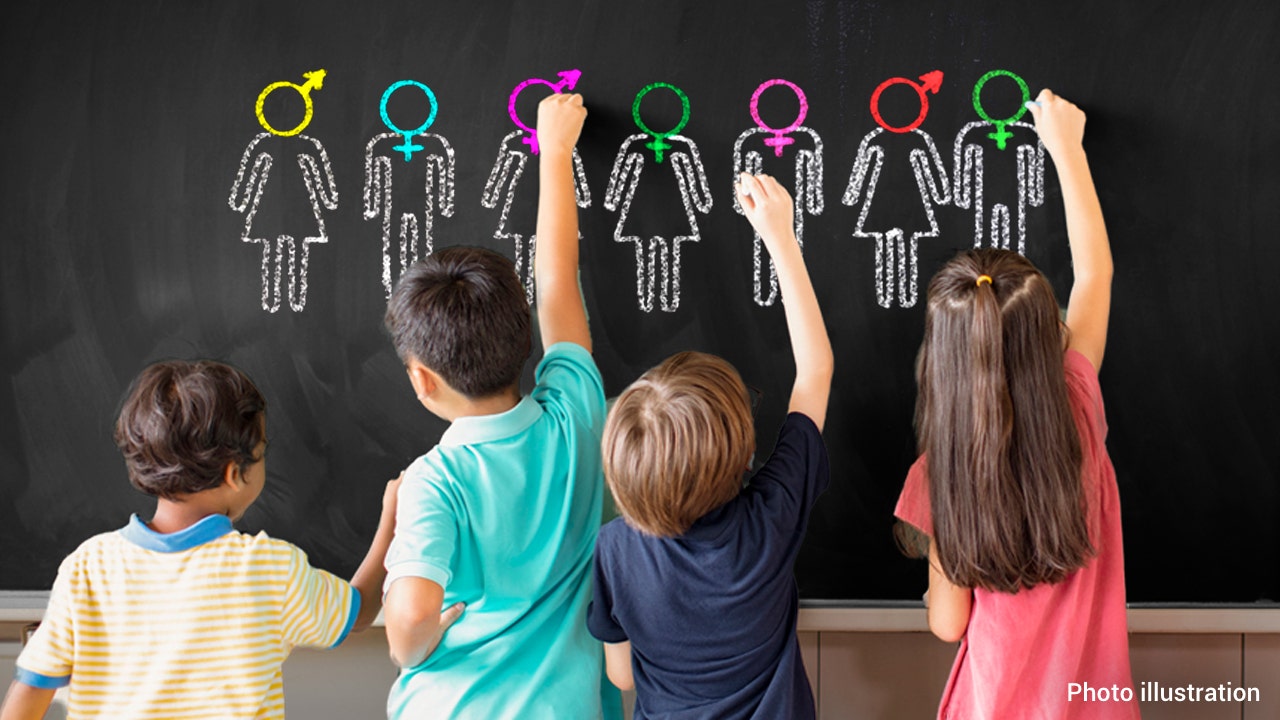Next week on Monday, October 31, the U.S. Supreme Court is expected to hear arguments in Students for Fair Admissions Inc. v. President & Fellows of Harvard College, a case that will have a major impact on college and university admissions throughout the country for generations to come. As a first-generation Korean American who came to this country when I was 19 years old, I believe every student should be able to build their own American Dream.
The case before the court alleges that Harvard discriminated in the admissions process against Asian-American applicants, while also racial balancing so that the admissions rate for these applicants stayed between 18-20%. Discrimination of any kind is wrong, and that includes discrimination in the admissions process. That’s why I worked against the propositions to bring back affirmative action in California in 1996 and again in 2020, to make my voice heard in support of students. This type of treatment – both in and out of the classroom – only divides our community and hurts future leaders.
Harvard has called this lawsuit “politically motivated” and President Lawrence Bacow stated that this decision “puts at risk 40 years of legal precedent granting colleges and universities the freedom and flexibility to create diverse campus communities.” But in 2018, The New York Times highlighted that though these Asian-American applicants scored higher than other groups on test scores and traditional application materials, they were consistently rated lower on traits like likability, courage and being widely respected. If these admissions tactics are truly being used at institutions of higher education, applicants deserve to know.
MAJORITY OF AMERICANS SUPPORT BANNING THE CONSIDERATION OF RACE DURING COLLEGE ADMISSIONS: POLL
That’s why I introduced the Helping Applicants Receive Valid and Reasonable Decisions (HARVARD) Act, which promotes transparency at institutions of higher education by requiring them to list their usage of personality traits in admissions decisions. If they refuse to post these requirements, they will be ineligible for Title 4 federal funding, which are federal financial aid funds given to institutions of higher education nationwide. This is an issue I’ve worked on for a very long time because shutting the door to applicants based on race is wrong.

The Supreme Court will be hearing about allegations of discrimination by Harvard University.
(AP Photo/Patrick Semansky)
CLICK HERE TO GET THE OPINION NEWSLETTER
In 1996, I campaigned for California’s Proposition 209, which banned racial preferences in public hiring, education and contracting. It was modeled after the Civil Rights Act, and millions of Californians agreed that race should not factor into these application decisions. After Proposition 209 passed, the four-year graduation rate in the University of California system for underrepresented racial minorities improved. In 2016, Democrats in California again put this issue before voters with Proposition 16. It was rejected once again.
Last year, during an Education and Labor Committee hearing with U.S. Secretary of Education Miguel Cardona, I asked him what he thought about these practices at schools like Harvard. He said, “I believe students should have an opportunity to apply and get into colleges based on their own merit.” I couldn’t agree more.
CLICK HERE TO GET THE FOX NEWS APP
Earlier this year U.S. Senator Ted Cruz (R-TX) and I submitted an amicus brief urging the Supreme Court to take this opportunity to correct this decades-old injustice and end the use of race in admissions processes. Eighty of our congressional colleagues joined us in support of students nationwide. We believe that discrimination is against the fundamental values of American culture, and that includes discrimination against the Asian American Pacific Islander community in the halls of our schools and universities. This type of behavior is only hurting future generations. We should be working together to stop this discrimination and hate in its tracks, and to encourage the next generation to achieve their own American dream.
 Iktodaypk Latest international news, sport and comment
Iktodaypk Latest international news, sport and comment






